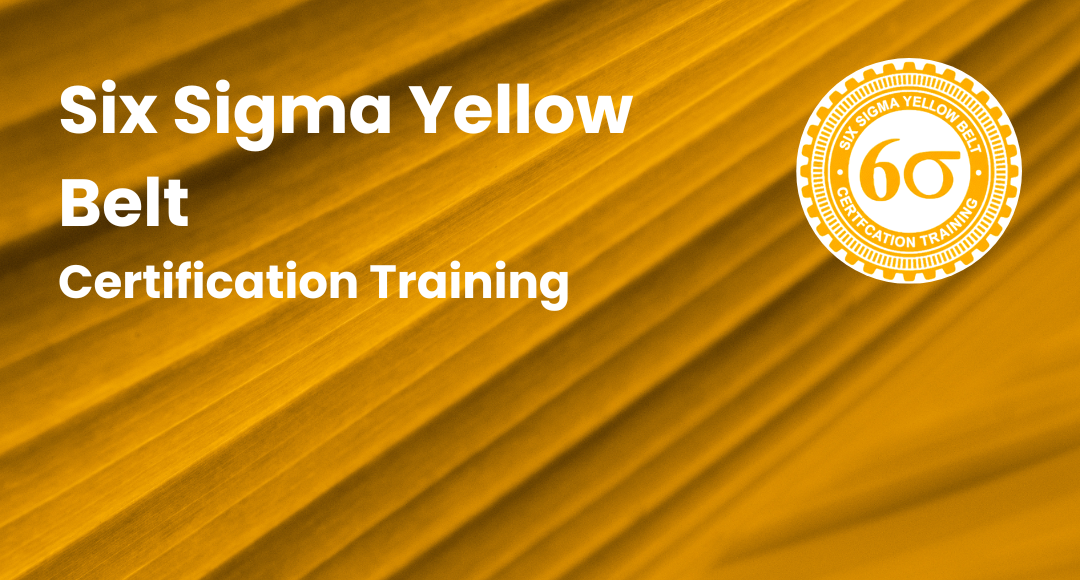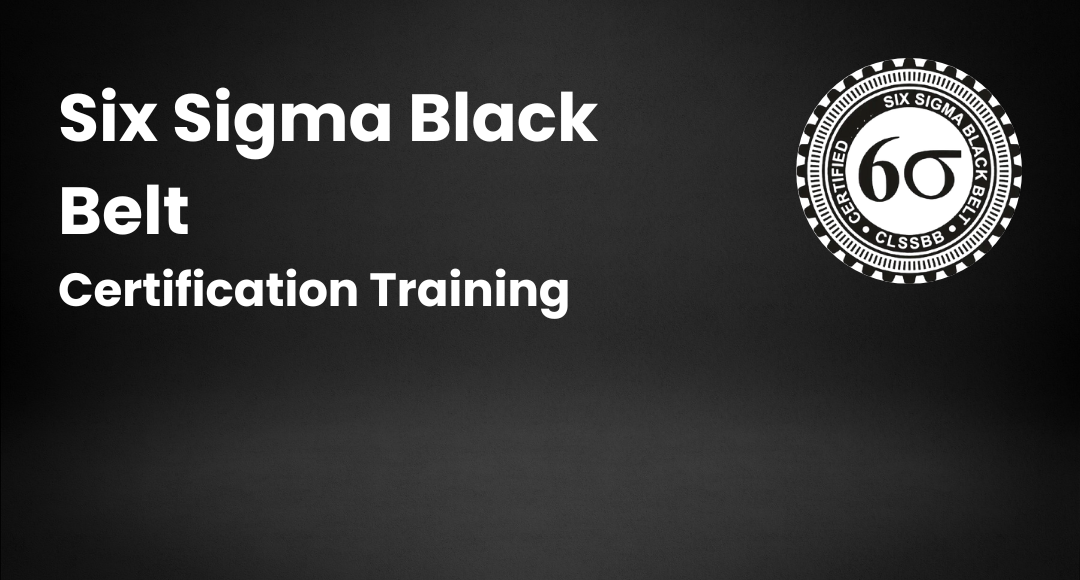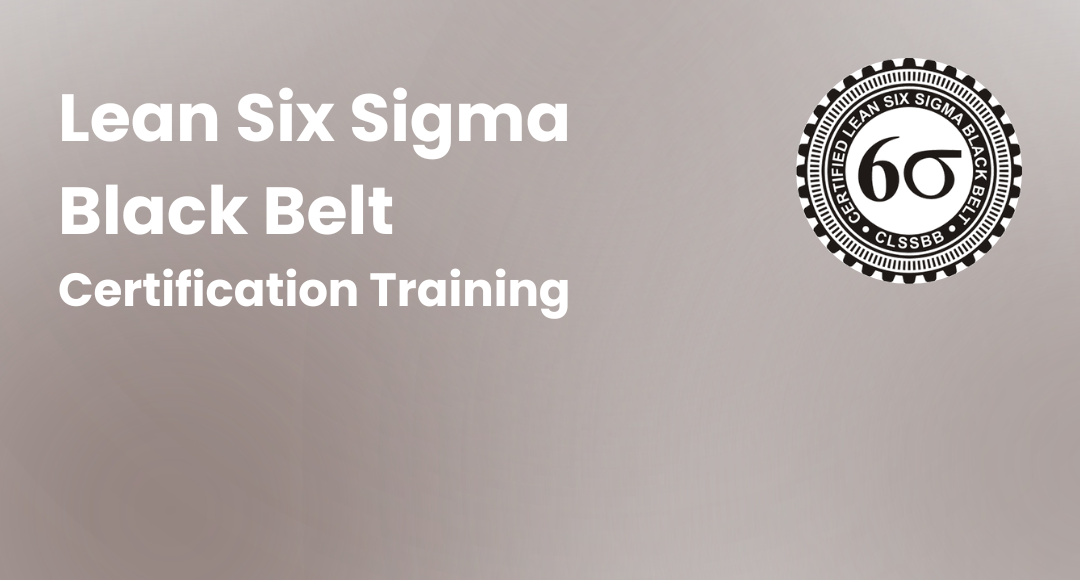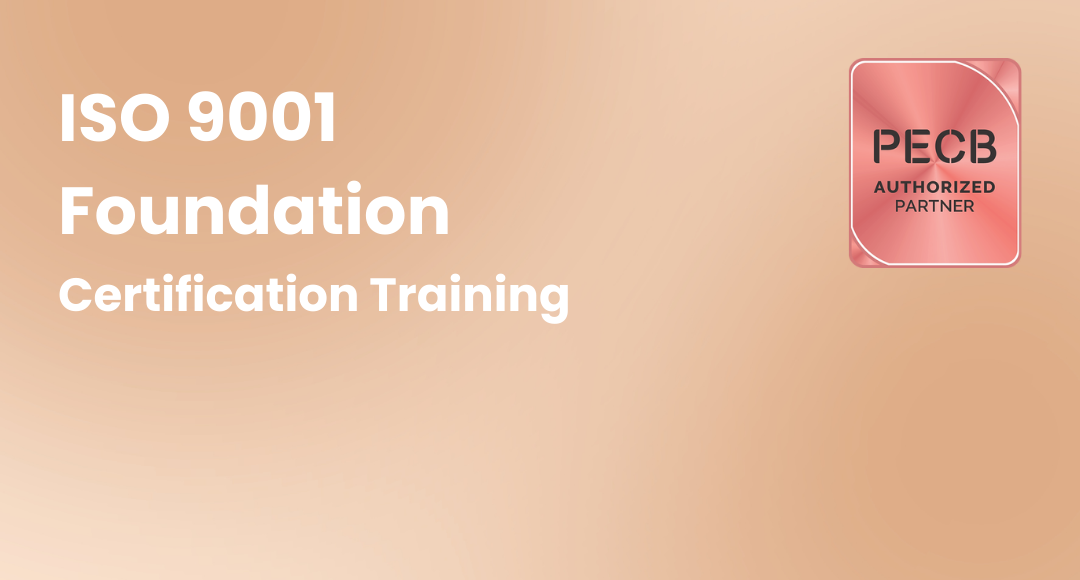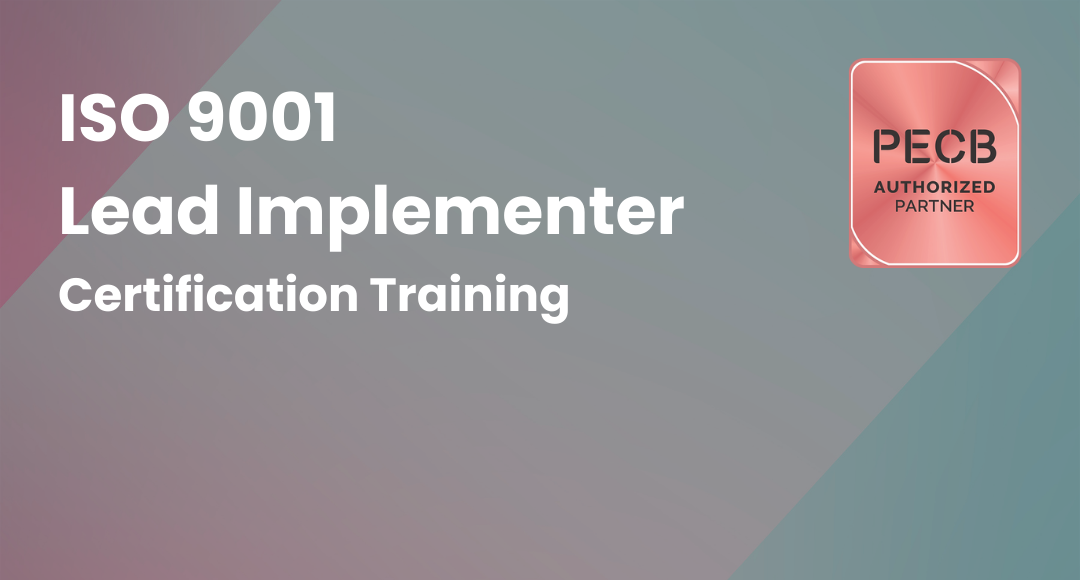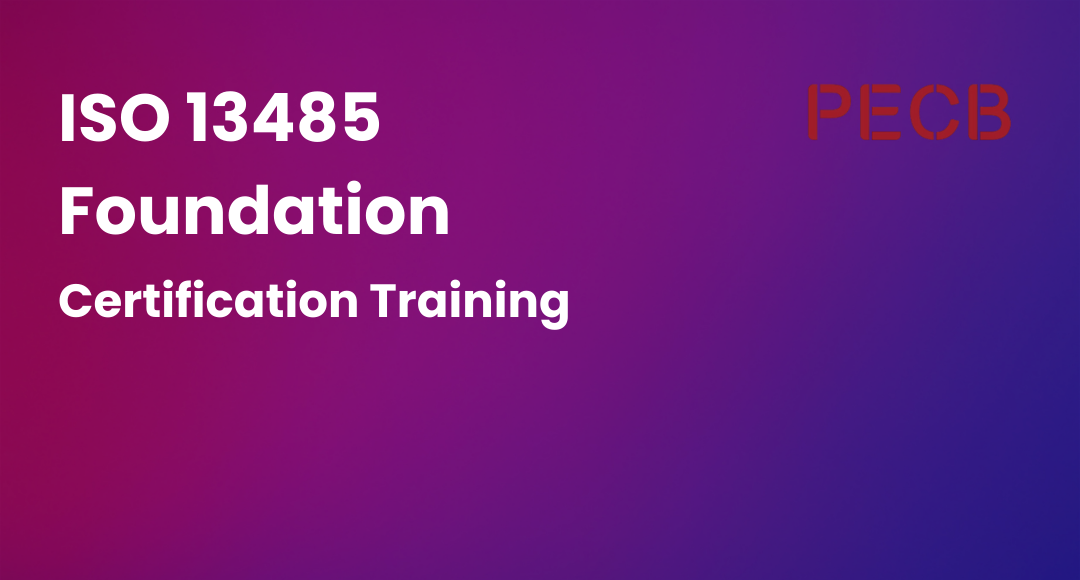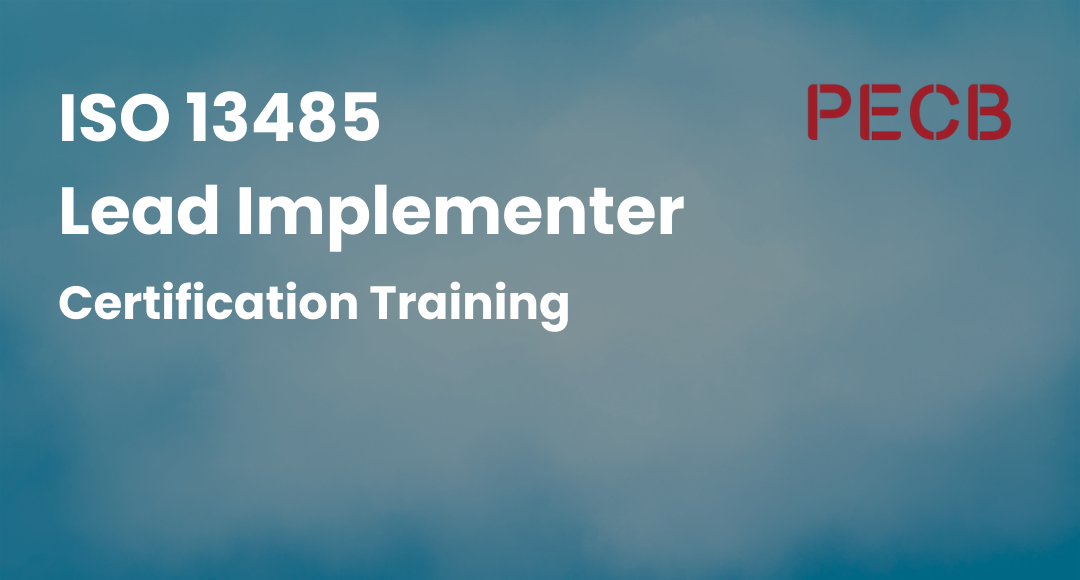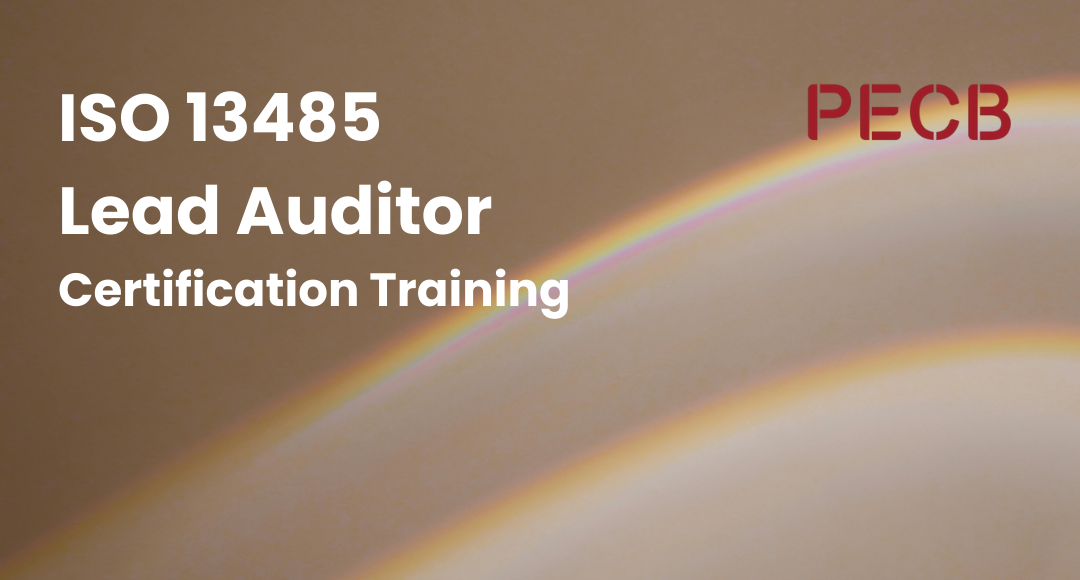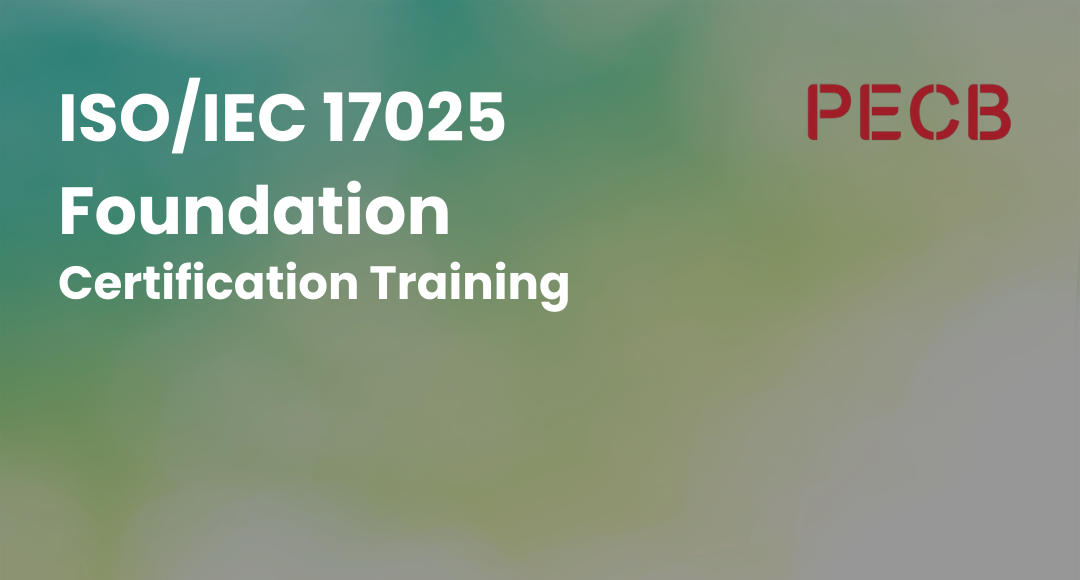Risk Manager Interview Questions and Answers 2026
-
 By Syed Irfan
By Syed Irfan
- Published on Nov 30 2023

Table of Contents
- Top Risk Manager Interview Questions and Answers
- List Of Most Important Risk Manager Interview Questions and Answers
- Top Risk Manager Interview Questions and Answers - Basic Level
- Top Risk Manager Interview Questions and Answers - Intermediate Level
- Top Risk Manager Interview Questions and Answers - Advanced Level
- Top Risk Manager Interview Questions and Answers - Expert Level
- Tips for Answering Behavioral Interview Questions
- Interview Follow-up
- Risk Manager FAQs
Top Risk Manager Interview Questions and Answers
Do you like to dissect the potential for misfortunes in the financials of an association, at that point Risk Management is an alluring profession for you. The investigation of Risk Management is progressively turning into a famous alternative for money and financial alumni.
A huge number of open positions are accessible in this field of risk management. To secure the correct position for you in the domain of risk management, you can peruse the Risk Manager Interview Questions and answers. Here you can secure positions like that of operational risk manager, key risk manager, project risk consultant, and undertaking risk chief, which are identified with the Risk Management work.
You can pick the most ideal choice in the field of risk management based on your capability and experience. This list of Risk Manager Interview Questions and Answers will help you secure a career in this domain. To help you pass the interview effortlessly, we have arranged a few new Risk Management employee screening questions and answers.
Understand them and win the ideal occupation immediately. It is critical to understand your role in risk management as it can have an impact on your organization’s outcome in crunch situations.
List Of Most Important Risk Manager Interview Questions and Answers
Regardless of whether you are enlisting for a Business Risk Director, a risk investigator, or a group chief with a huge spotlight on the risk of the board, it's critical to ask the correct risk in the executive’s interview inquiries to track down the best candidate.
And if you are interviewing for the risk the board job, utilize these Risk Manager Interview Questions and answers prompts as an approach to prepare for your gathering with the employing manager!
Top Risk Manager Interview Questions and Answers - Basic Level

1) Tell me about your experience planning and introducing risk evaluations and reports.
Having the option to convey recorded as a hard copy is major expertise for anybody in a job that includes risk the board.
This inquiry will assist you with understanding how they approach planning risk documentation.
2) How would you persuade individuals to treat risk the executives all the more appropriately? Would you be able to share an illustration of where you have done as such?
While risk the executives might be a full-grown control in certain regions of the business, it's conceivable not every person is ready right now.
Your recently added team member should have the option to persuade others regarding the advantages of finding a dynamic way to oversee risk without it seeming like another administrator working for managers.
3) Would you be able to enlighten me regarding when your meticulousness tackled an issue or address an issue?
Many risks the board jobs expect are meticulousness and the capacity to finish (and follow up) on activities. If the candidate battles to answer here, they probably won't have the center you need in the job.
4) How would you stay current on the most recent turns of events and patterns in risk the board?
Risk the board is an advancing practice, and this interview question will assist you with uncovering the candidate's obligation to continuous expert turn of events.
5) Enlighten me concerning when you needed to source data from numerous individuals or areas. How could you make an assurance about what data was significant?
Individuals in risk executive jobs should have the option to work with others from everywhere in the business and integrate data to separate what's applicable.
It's an ability to have the option to filter through reams of information and pull out the parts that are needed for a choice.
6) Educate me concerning the risk cycle you use in your current/past job. What have you realized and how might you improve the interaction?
You can proceed with the scrutinizing by requesting the candidate to share models from which they have been engaged to measure improvement and what improvement their progressions made.
7) Have you at any point needed to work with somebody whose conduct was viewed as troublesome? How could you approach the circumstance, and what was the result?
Risk managers need to work with a scope of topic specialists for direction on expert zones like wellbeing and security or natural risk.
They must have the option to work effectively with individuals at all levels in the association and construct proficient associations with individuals across numerous offices.
This inquiry will enlighten you concerning their relational abilities.
8) Would you be able to share an illustration of a circumstance you have been in where you have needed to suggest executing alternate courses of action or risk the executives quantifies that you knew would be disagreeable? How could you approach doing that?
The advancement of countermeasures is important for the risk job, yet not all countermeasures and risks in the executive’s activities will be generally invited!
This inquiry will assist you with understanding how the candidate imparts troublesome news and how likely they will be to stand their ground when tested.
Top Risk Manager Interview Questions and Answers - Intermediate Level

9) How would you think the risk the board adds to the association? What's its motivation?
This is a decent inquiry for the individuals who will be in jobs where they should get the news out about the advantages of big business risk the executives to the more extensive business.
On the off chance that they can't clarify the commitment and reason to you, how might they have the option to sufficiently disclose it to business pioneers?
Pose this inquiry if your candidate will be engaged with setting up a venture risk the board work, so you can be certain their perspectives line up with your assumptions for the job.
10) What experience do you have with risk demonstrating?
On the off chance that you are anticipating that the candidate should engage with specialized risk displaying – regardless of whether that is making models, deciphering results, or introducing the results to senior business pioneers – this is your opportunity to test their experience.
11) Give me an illustration of a period where you needed to settle on a choice alone. What was the result?
Numerous positions include coordinated effort and contribution from the group, however, there will be situations where the risk manager needs to settle on a choice alone.
You're searching for somebody who can be unequivocal and fast reasoning if the circumstance requires it.
12) Portray when you needed to act rapidly to prevent a circumstance from raising. How did you respond?
You could get many reactions to this inquiry. A manager may depict a circumstance with a colleague that was raised, or they could share an assignment-based model.
You're searching for lucidity around how they recognized the circumstance was an issue and what steps they took to rapidly contain the issue.
13) Educate me concerning a new encounter where you were feeling the squeeze. How could you deal with the pressure you were under to guarantee a successful outcome?
The candidate could pick an encounter from their own or expert life because of this inquiry, and it doesn't make any difference in any case.
What you are searching for as an employing manager is their capacity to utilize methodologies to oversee individual pressing factors and contact encouraging groups of people on the off chance that they need to.
Numerous administration jobs are upsetting and having somebody who is sufficiently mindful to perceive pressure on themselves as well as other people will be gainful to the group.
14) What do you believe are the top risks influencing our business/industry right now? What will they be in five years?
Ideally, these risk the executive’s interview questions will give you a feeling of how groundbreaking candidates are, and how many examinations they have done about your business before the interview.
It would be a proper inquiry for high-level level work, yet it's presumably somewhat trying for somebody going to an interview as a risk examiner.
In any case, there's no damage in inquiring! Their answer may shock you, and you'll generally get familiar with the candidate.
Make sure to consistently give the candidate time to pose their inquiries of you toward the finish of the interview.
Numerous individuals discover interviews distressing – both recruiting managers and candidates – so attempt to unwind and appreciate it however much you can.
This is a discussion with a likely associate, for both of you, and you'll establish a superior connection by being inviting, open and cordial while posing and noting inquiries.
15) What are the organization's top risks, how extreme is their effect and how probably would they say they are to happen?
Managing undertaking risk at an essential level requires center, which means by and large underlining close to five to 10 risks. Everyday risks are a progressing working obligation.
16) How frequently does the organization invigorate its evaluation of the top risks?
The endeavor-wide risk evaluation cycle ought to be receptive to change in the business climate.
A hearty interaction for recognizing and focusing on the basic venture risks, including arising risks, is fundamental to an evergreen perspective on the top risks.
Top Risk Manager Interview Questions and Answers - Advanced Level

17) Who claims the top risks and is responsible for results, and to whom do they report?
Once the key risks are focused on, somebody or some gathering, capacity or unit should claim them. Holes and covers in risk possession ought to be limited, if not dispensed with.
18) How powerful is the organization in dealing with its top risks?
A hearty interaction for overseeing and checking every one of the basic undertaking risks is fundamental for the fruitful risk of the board, and risk the executive’s capacities should be improved ceaselessly as the speed and intricacy of business change.
19) Are there any authoritative "vulnerable sides" justifying consideration?
Cultural issues and useless conduct can subvert the viability of risk on the board and lead to unseemly risk-taking or the sabotaging of setup approaches and cycles.
For instance, the absence of straightforwardness, irreconcilable situations, a shoot-the-courier climate, and/or unequal remuneration designs may empower bothersome conduct and bargain the viability of risk the board.
20) Does the organization's risk announcing give the executives and the board data they need about the top risks and how they are overseen?
Risk detailing begins with pertinent data about the basic undertaking risks and how those risks are overseen.
Are there freedoms to improve the risk detailing cycle to make it more viable and proficient?
Is there a cycle for checking and revealing basic endeavor risks and arising risks to leaders executives and the board?
Does the board have the essential range of abilities to give successful risk oversight?
To give a contribution to the leader of the board in regards to basic risk issues on an opportune premise, chiefs should understand the business and industry, just as what the changing climate means for the plan of action. This is one of the important risk manager questions.
21) How often does the company refresh its assessment of the top risks?
The venture-wide risk evaluation interaction ought to be receptive to change in the business climate.
A hearty cycle for recognizing and focusing on the basic undertaking risks, including arising risks, is imperative to an evergreen perspective on the top risks.
22) Who owns the top risks and is accountable for results, and to whom do they report?
When the key risks are focused on, somebody or some gathering, capacity or unit should claim them. Holes and covers in risk proprietorship ought to be limited, if not disposed of.
23) How effective is the company in managing its top risks?
A vigorous interaction for overseeing and observing every one of the basic undertaking risks is crucial for the effective risk of the executives, and risk the board abilities should be improved persistently as the speed and intricacy of business change.
24) Are there any organizational "vulnerable sides" warranting attention?
Social issues and broken conduct can subvert the viability of risk on the board and lead to unseemly risk-taking or the sabotaging of setup strategies and cycles.
For instance, the absence of straightforwardness, irreconcilable circumstances, a shoot-the-courier climate, and/or uneven remuneration designs may energize unwanted conduct and bargain the viability of risk to the board.
Top Risk Manager Interview Questions and Answers - Expert Level

25) Does the company understand the key assumptions underlying its strategy and align its competitive intelligence process to monitor external factors for changes that could alter those assumptions?
An organization can fall so enamored with its plan of action and system that it neglects to perceive changing standards until it is past the point of no return.
While nobody knows without a doubt what will happen that could nullify the organization's essential suspicions, later on, observing the legitimacy of key presumptions over the long run as the business climate changes are something brilliant to do.
26) Does the company articulate its risk appetite and define Risk Tolerance for use in managing the business?
The risk craving discourse assists with carrying equilibrium to the discussion around which risks the undertaking should take, which risks it ought to keep away from, and the boundaries inside which it ought to work going ahead.
The risk hunger proclamation is disintegrated into risk resistances to address the inquiry, "How much changeability are we able to acknowledge as we seek after a given business objective?"
For instance, separate risk resilience might be communicated diversely for goals identifying with profit fluctuation, loan cost openness, and the securing, improvement, and maintenance of individuals.
27) Does the company's risk reporting provide management and the board information?
Risk announcing begins with pertinent data about the basic venture risks and how those risks are overseen.
Are there freedoms to improve the risk announcing interaction to make it more viable and proficient?
Is there an interaction for checking and revealing basic undertaking risks and arising risks to leaders the executives and the board?
28) Is the company prepared to respond to extreme events?
Does the organization have reaction plans for improbable outrageous occasions? Has it focused on its high-sway, low-probability risks as far as their reputational impact, speed to effect, and perseverance of effect, just as the undertaking's reaction availability?
29) Does the board have the requisite skill sets to provide effective Risk oversight?
To give a contribution to chief administration concerning basic risk issues on an opportune premise, chiefs should understand the business and industry, just as what the changing climate means for the plan of action.
Without allocating somebody clear responsibility for the interaction of risk on the board, it is far-fetched that risks would be recognized, focused on, and alleviated across an association on an intermittent premise and in an intensive manner.
Moreover, it is impossible to risk would be given the center that is needed to accomplish a healthy level of authority over the numerous vulnerabilities confronting associations in the present profoundly powerful commercial center.
Less significant are such subtleties as the title of the person with the responsibility or how enormous a financial plan or staff the individual is given.
A named, responsible individual is critical to guaranteeing that a sound cycle is in working.
30) What are the most significant risks to the strategy?
Given that disappointments are for the most part brought about by an essential risk that has not been tended to as opposed to by a disastrous tempest or single digital assault, for instance, it is indispensable for associations to know and manage their essential risks.
Key and non-key risks of a specific size ought to be joined into one risk register that permits the executives and the board to see:
- Every one of the significant risks
- How is being dealt with relieving them
- What is the advancement against the risk alleviation plan
The board ought to hope to see such a report or request one, on the off chance that it isn't now being made.
This ought to be top of the psyche for the association's senior group consistently and be a comfortable subject of conversation with the board.
Board individuals ought to consider if this bode well dependent on all the data they have been aware of about the association.
31) Do individual performance plans include Risk Management?
On the off chance that risk management is truly essential to the association, the individual presentation plans of an enormous number of representatives at various levels of the association ought to incorporate a particular goal or errand identified with risk by the board.
In this way, the exhibition against these would be assessed at customary spans.
It is notable that what gets estimated gets overseen, and what gets remunerated stands out enough to be noticed.
Clear responsibility for the assignment of guaranteeing IT security is likewise basic.
With the risk of digital breaks, demands for administration, coercion, taking of financial balances, and protected innovation so high, an association needs to guarantee it has the fundamental ability to make a safe mechanical stage.
This can be as employed staff or master project workers.
On account of some new, prominent penetrates, apparently the job of boss data security official (CISO) was either non-existent or the individual filling the job was brand new.
Induction can be drawn that a prepared CISO who comprehended the association may have had an effect.
Having the job filled doesn't ensure always failing to have a security risk work out as intended.
However, it lessens the risk somewhat, and having a CISO makes the revelation and recuperation from a penetrate or assault faster and more proficient when one happens.
The response to this inquiry will give the board understanding of a few things.
If there is a hotline, it shows that the association is genuinely keen on recognizing risks and that the subject of risk is being handled reasonably straightforwardly inside the association.
If there isn't one, the board may ask why there is no channel for the majority to alarm the executives about risks.
32) Have correlated risks been looked for, and what are they?
Huge and little associations, the same, can hold connected risks.
Corresponded risks are a gathering of risks that may happen simultaneously because there is a relationship or some likeness thereof among them.
A solitary source with different ties. For instance, an organization that has call focuses, information handling, and assembling plants in a solitary Southeast Asia country has the potential for the corresponding risk if that nation is hit by a characteristic fiasco, political disturbance, or some other choppiness.
Another model is, that if distinctive item units of an assembling organization utilize a similar provider for crude materials or OEM parts, there is the potential for connected risk if that provider can't follow through on its orders.
A relationship may likewise be regarding chain responses. One risk occasion may offer ascent to different risks, which is regularly evident on account of cataclysmic events like tremors and typhoons.
An inquiry concerning corresponded risks won't just inspire an answer about those risks yet additionally give knowledge with regards to whether the risk is being examined inside and out and across authoritative storehouses.
Regardless of how strong a risk the executives’ cycle is, an organization will encounter fiascoes of some sort occasionally.
There is a requirement for plans that manage these because response speed is fundamentally significant in overseeing them well.
The business progression plan has the point of keeping all or a portion of the business running from another scene or with backup frameworks or accessible as needed by staff, or whatever permits constant tasks.
The debacle recuperation plan has the mission to reestablish ordinary activities as fast as conceivable after the business has been hindered in entire or to some degree.
In auditing these plans, key components to search for include:
- A correspondence progression for notice that is finished and state-of-the-art
- A choice tree for making lucidity around who can settle on which choices
- A rundown of outsider assets that have been recently confirmed and can be brought in to help – some will be important for any protection strategies that might be set off by the risk/misfortune occasion.
33) What risks are being transferred by insurance versus what is being mitigated internally, and what is the quality of the insurer?
Protection can be a viable and proficient approach to handling risk when it is utilized in an all-around developed design.
The board will need to consider significant level issues, for example, Is the correct arrangement of risks covered; for example, those that are less unsurprising, require uncommon aptitude, and are past the monetary fortitude of the association to withstand?
Are as far as possible being bought; for example, is the estimation of the approach sufficiently high to cover a significant misfortune?
How exceptionally is the backup plan evaluated, and what is its case administration notoriety?
A manner by which the board can pass judgment on the value of the answers to these questions is to discover:
- The sort of investigation that was done to decide the protection program
- Regardless of whether there is benchmark data to take a gander at from equivalent associations.
There are, without a doubt, different questions that the board may have to inquire about. These are a phenomenal beginning spot for getting a feeling of how well the association is tending to risk.
A risk appraisal is a cautious assessment of what, in your work, could make hurt individuals, so you can weigh up whether you have enough safeguards or whether you ought to accomplish more.
As a business or independently employed individual, you should do a risk appraisal yet you possibly need to record it on the off chance that you work at least five individuals.
A security strategy explanation isn't legally necessary. It depicts in a consistent arrangement precisely how a task is to be completed in a protected way and without risks to wellbeing.
It incorporates every one of the risks distinguished in the risk evaluation and the estimates expected to control those risks. This permits the task to be appropriately arranged and resourced.
34) What are Risk Matrices?
Most organizations won't have to utilize risk frameworks. Nonetheless, they can be utilized to help you work out the degree of risk related to a specific issue.
They do this by arranging the probability of damage and the expected seriousness of the mischief.
This is then plotted in a grid (if it's not too much trouble, see underneath for a model). The risk level figures out which risks ought to be handled first.
Utilizing a lattice can be useful for focusing on your activities to control risk. It is appropriate for some appraisals however specifically for more mind-boggling circumstances.
In any case, it requires skill and experience to pass judgment on the probability of mischief precisely.
Missing the point could bring about applying superfluous control measures or neglecting to take significant ones.
On the off chance that you need outer assistance or guidance, kindly go to the accompanying website pages:
- Get skillful counsel
- The Occupational Safety and Health Consultants Register (OSHCR)
35) What is a Significant Risk?
Huge risks are those that are not minor and are equipped for making a genuine risk to wellbeing and security which any sensible individual would appreciate and would find ways to make preparations for.
What can be considered as 'irrelevant' will differ from one site to another and action to action, contingent upon explicit conditions.
Tips for Answering Behavioral Interview Questions
Behavioral interview questions are designed to assess your past experiences and behaviors to determine your suitability for a particular role. These questions typically begin with phrases like "Tell me about a time when..." or "Describe a situation where..." The interviewer is looking for specific examples of how you have handled challenges, demonstrated key skills, and achieved success in previous roles.
While behavioral interview questions can seem daunting, there are several strategies you can employ to confidently and effectively answer them. Here are some key tips to keep in mind:
Prepare in advance: Before the interview, reflect on your past experiences and identify potential scenarios that demonstrate your skills and qualities. Prepare stories that showcase your problem-solving abilities, leadership skills, decision-making, and ability to handle challenging situations
Use the STAR method: The STAR method is a structured approach to answering behavioral interview questions. It stands for:
- Situation: Briefly describe the situation or context in which the event occurred.
- Task: Explain your specific role or responsibility in the situation.
- Action: Describe the specific actions you took to address the situation or challenge.
- Result: Explain the outcome of your actions, highlighting the positive impact you made.
Be concise and focused: Aim to keep your answers to a minute or two in length. Avoid rambling or going off on tangents. Stay focused on the specific question and provides clear, relevant examples.
Quantify your results: Whenever possible, quantify the results of your actions. For instance, instead of saying "increased sales," state "increased sales by 20% within six months."
Be honest and authentic: Avoid exaggerating or embellishing your experiences. The interviewer is looking for genuine examples of your skills and abilities.
Practice your answers: Rehearse your answers aloud to ensure you can deliver them confidently and concisely. Practice with a friend or family member to get feedback.
Tailor your answers to the job: Connect your experiences and skills to the specific requirements of the position you are applying for. Emphasize how your past accomplishments align with the company's needs and goals.
Interview Follow-up
So, you've successfully navigated through the Risk Manager Interview Questions and Answers, showcasing your expertise and enthusiasm for the field of risk management. Now, it's time to seal the deal and leave a lasting impression with a thoughtful and strategic interview follow-up.
Why is Interview Follow-up Important?
Demonstrates Professionalism: Sending a follow-up message is a sign of professionalism and courtesy. It reflects your genuine interest in the position and the organization.
Reiterates Your Interest: Following up allows you to restate your interest in the role. This is another opportunity to highlight your enthusiasm and dedication to contributing to the organization's risk management efforts.
Addresses Any Unanswered Concerns: If there were specific points during the interview that you felt needed more emphasis or clarification, the follow-up is the perfect chance to address them.
Tips for an Effective Interview Follow-up:
Send a Thank-You Email: Within 24 hours of the interview, send a personalized thank-you email to each person you interviewed with. Express your gratitude for the opportunity and mention specific aspects of the interview that you found particularly insightful or interesting.
Reiterate Your Interest: Emphasize your enthusiasm for the position and how your skills align with the organization's needs. This is your chance to remind the interviewer why you are the ideal candidate.
Clarify Your Strengths: If there were key points you wished you had emphasized during the interview, subtly incorporate them into your follow-up. This helps ensure that all your strengths and qualifications are at the forefront of the interviewer's mind.
Ask for Next Steps: Politely inquire about the next steps in the hiring process. This not only shows your eagerness but also gives you a timeline for when you can expect to hear back.
Sample Interview Follow-up Email:
Subject: Appreciation for the Interview Opportunity
Dear [Interviewer's Name],
I hope this message finds you well. I wanted to express my sincere gratitude for the opportunity to interview with you and the [company/organization] team. It was truly enlightening to discuss the intricacies of risk management at [company/organization].
I am even more enthusiastic about the prospect of contributing my skills in risk management to your esteemed team. Our conversation reinforced my belief that my experience in [mention a specific skill or accomplishment] aligns seamlessly with the challenges and goals discussed during the interview.
I am particularly excited about the chance to contribute to [mention a project, initiative, or aspect of the company discussed during the interview]. I am confident that my background in [highlight another relevant skill or experience] will bring valuable insights to this aspect of the role.
I would be grateful if you could provide any insights into the anticipated timeline for the next steps in the hiring process. I am eager to contribute to the success of [company/organization] and am enthusiastic about the possibility of joining your team.
Once again, thank you for considering my application. I look forward to the opportunity of contributing to the impressive work you are doing at [company/organization].
Warm regards,
[Your Full Name] [Your Contact Information]
Remember, a well-crafted and timely interview follow-up can make a significant difference in setting you apart from other candidates. Use this chance to reaffirm your suitability for the role and leave a positive impression that lingers in the interviewer's mind. Good luck!
Risk Manager FAQs
How do I prepare for a risk manager interview?
To prepare for a risk manager interview, you should research the company and the position, practice answering common risk management interview questions, and gather examples of your past experience that demonstrate your risk management skills.
Here are some specific steps you can take to prepare for a risk manager interview:
- Research the company and the position. This will help you understand the company's culture, values, and risk profile. It will also help you tailor your answers to the specific needs of the position.
- Practice answering common risk management interview questions. There are a number of common risk management interview questions that you can expect to be asked. Practicing answering these questions in advance will help you feel prepared and confident.
- Gather examples of your past experience that demonstrate your risk management skills. This could include examples of risk assessments you have conducted, risk mitigation strategies you have developed, or risk management training you have completed.
How do you introduce yourself as a risk manager?
When introducing yourself as a risk manager, you should highlight your skills and experience in identifying, assessing, and mitigating risks. You should also emphasize your ability to communicate risk effectively to stakeholders.
Here is an example of how to introduce yourself as a risk manager:
"Hello, my name is [Your Name] and I am a risk manager with [Number] years of experience in the industry. I have a proven track record of identifying, assessing, and mitigating risks in a variety of industries. I am also an effective communicator and I am able to build strong relationships with stakeholders."
How do you answer risk questions in an interview?
When answering risk questions in an interview, you should use the STAR method to structure your responses. The STAR method stands for:
Situation: Briefly describe the situation or challenge you faced.
Task: Explain your role and responsibilities in the situation.
Action: Describe the specific steps you took to address the situation.
Result: Explain the outcome of your actions and what you learned from the experience.
How can I be a good risk manager?
To be a good risk manager, you need to have a strong understanding of risk management principles and practices. You also need to be able to think critically and solve problems. You should also be a good communicator and be able to build strong relationships with stakeholders.
Here are some specific skills and qualities that a good risk manager should have:
- Strong understanding of risk management principles and practices
- Ability to think critically and solve problems
- Excellent communication skills
- Ability to build strong relationships with stakeholders
Most Popular and High Paying Certifications For Career Growth:
CAPM® Certified Associate Project Management
PRINCE2® Foundation Practitioner
To get full details about the best risk management certifications, chat with a course expert.
Suggested Read – Best Project Management Certifications in 2026
Popular Programs
Trending Posts
Senior Quality Manager Interview Questions and Answers 2026
Last updated on Nov 28 2023
Quality Assurance Plan - Six Steps To Quality Assurance Plan
Last updated on Mar 14 2025
Top Quality Analyst Interview Questions and Answers 2026
Last updated on Dec 9 2025
Understanding the Key Principles of Lean Manufacturing
Last updated on Nov 22 2023
Certified Scrum Product Owner: Job Roles And Responsibilities
Last updated on Feb 17 2025
Financial Analyst Interview Questions and Answers 2026
Last updated on Jan 13 2023
Categories
- Other 77
- Agile Management 48
- Cloud Computing 58
- Project Management 175
- Data Science 70
- Business Management 88
- Digital Marketing 88
- IT Service Management 36
- Programming Language 61
- AI and Machine Learning 94
- IT Security 113
- Quality Management 78
- IT Hardware and Networking 27
- Microsoft Program 5
- Workplace Skill Building 15
- Risk Management 10
- Information Security 8
- Leadership and Management 9
- Corporate Training and Development 1
Trending Now
Top Career benefits of Lean Six Sigma Green Belt
ArticleLean methodology, Six Sigma methodology and Lean Six Sigma Explained
ArticleSix Sigma Black Belt Certification – Value and Career Benefits in 2026
ArticlePareto Chart in Six Sigma - Explained
ArticleSix Sigma Certification Guide - A Professional's Guide
ArticleQuality Control Explained – Six Sigma
ArticleQuality Assurance in Six Sigma Explained
ArticleQuality Assurance vs Quality Control
ArticleTotal Quality Management - A Complete Guide for Beginners
ArticleSix Sigma Certification – Everything you Need to Know About Getting Certified
ArticleLean Six Sigma on Resume for Rewarding Career Benefits
ArticleSix Sigma Yellow Belt Certification - Six Sigma for Beginners
ArticleQuality Management Interview Questions 2026
ArticleQuality Manager Interview Questions and Answers for 2026
ebookService Delivery Manager Interview Questions and Answers (With Examples)
ArticleSix Sigma Interview Questions and Answers 2026
ArticleA Supply Chain Management Guide to Mastering Logistics End to End
ArticleSenior Quality Manager Interview Questions and Answers 2026
ArticleTop Quality Analyst Interview Questions and Answers 2026
ArticleFinancial Analyst Interview Questions and Answers 2026
ArticleCompliance Manager Interview Questions and Answers 2026
ArticleOperation Manager Interview Questions and Answers
ArticleHow to Become a Quality Manager - Career, Job Scope and Certifications
ArticleHow to become a Quality Analyst
ArticleSix Sigma Certifications - Reasons Why you Should Get Them
ArticleTop Qualities of a Good Manager and a Leader
ArticleLearn about Statistical Process Control (SPC) and its top applications
ArticleCost of Poor Quality - A Detailed Guide
ArticleImplementing 5S Methodology for Better Work Efficiency
ArticleWhat Is Lean Management?
ArticleBest Six Sigma Books in 2026
ArticleLeadership vs Management - The Ultimate Guide
ArticleQuality Assurance Plan - Six Steps To Quality Assurance Plan
ArticleOperational Planning Creation, Key Elements and its Benefits
ArticleA Complete Guide to Product Life Cycle Stages 2026
ArticleDMAIC Methodology - The Ultimate Guide
ArticleSix Sigma tools for DMAIC Phases
ArticleWhat Is Lean Manufacturing?- An Overview
ArticleThe Lean Continuous Improvement Model: A Comprehensive Guide
ArticleDMAIC vs. DMADV: Key Differences and Choosing the Right Six Sigma Methodology
ArticleA Deep Dive into the Power of Lean Continuous Improvement Process
ArticleIntroduction to Lean Manufacturing- Definitions, Framework, and More
ArticleLean Continuous Improvement Methods for Business Excellence
ArticleUnderstanding the Key Principles of Lean Manufacturing
ArticleSecret to Unlock Organizational Excellence: Stages of Continuous Improvement
ArticleLean Continuous Improvement: A Detailed Guide to Mastering Organizational Quality
ArticleLean Waste Management: The Ultimate Guide 2026
ArticleA Deep Dive into Lean Continuous Improvement Tools
Article8 Wastes of Lean - Strategies for Identification and Elimination
Article5 Lean Continuous Improvement Principles to Supercharge Your Operations
ArticleThe Ultimate Guide to Lean Manufacturing
ArticleUnderstanding Lean Manufacturing's Pros and Cons
ArticleLean Waste Reduction Strategies: Boost Efficiency and Cut Costs
ArticleTop 10 Lean Manufacturing Tools for Optimal Productivity
ArticleBeyond the Basics: Benefits of Lean Continuous Improvement
ArticleWhat are Quality Standards? | A Guide to ISO Standards
Article7 Important Types of Quality Management System
ArticleISO 9001 Standard: Benefits and Certification
ArticleA Comprehensive Guide to Quality Management Systems
ArticleBenefits of QMS Certification for Your Business
ArticleStep-by-Step Implementation Guide to ISO 9001
ArticleThe Ultimate Guide to ISO 9001: Boosting Quality and Certification Success
ArticleEssential Components of a Quality Management System
ArticleQuality Management System – QSM Approaches and Methodologies
ArticleHow to Effectively Implement a Robust Quality Management System?
ArticleExplaining QMS Documentation Structure: Benefits and Best Practices
ArticleWho Needs ISO 9001 Certification and Why?
ArticleKey Elements of ISO 9001:2015 Quality Management System
ArticleOvercoming Common Challenges in ISO 9001 Certification: Tips and Best Practices
ArticleBest Quality Management Tools
ArticleTotal Quality Management (TQM) vs. Six Sigma
ArticleQuality Manager Salary: What Freshers & Experts Earn in 2026
ArticleCertified Scrum Product Owner: Job Roles And Responsibilities
ArticleTips for Continuous Integration Testing: Streamlining QA
Article10 Quality Management Strategies Adopted by Top Managers
ArticleDMAIC for Warehouse Safety: From Hazards to Control
ArticleLive Data, Faster Fixes: How Smart Monitoring Is Rewriting Quality Control
Article
